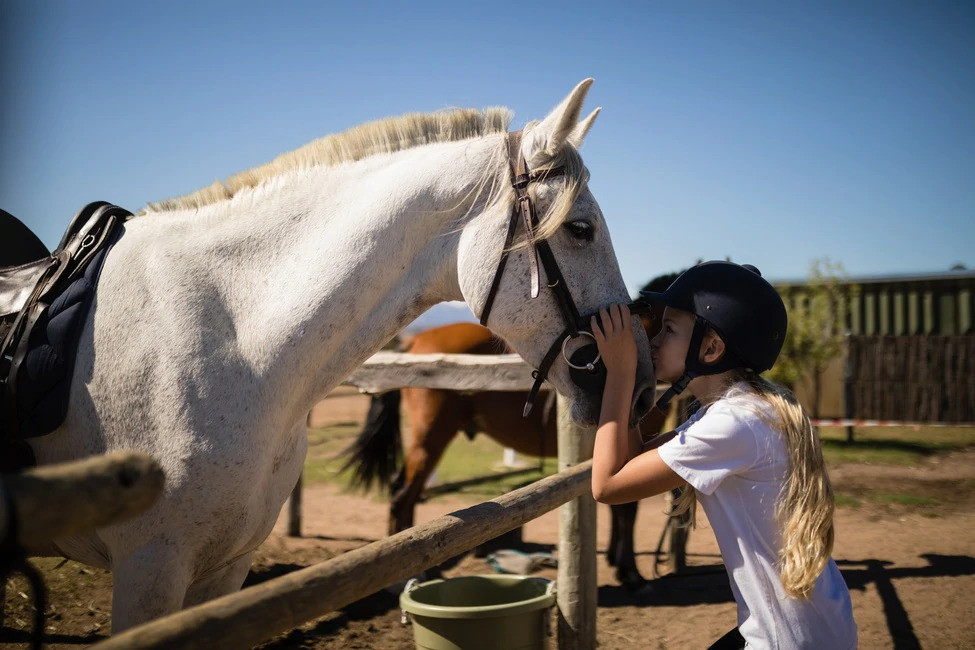
Stop Pampering Your Pony: 3 Things You Can Do For You
We're riders. We go to the barn, spend the time to ensure our horse is immaculately groomed, their tack fits just right, and their backs are plenty warm before we put them to work - but what about us?
So often, we spend so much time fussing over our horses that we forget about ourselves. Being an equestrian means you are also an athlete. If you were a runner, you wouldn't begin your run without proper stretches or a good cool down. If you went to yoga class, you wouldn't jump right in to Eka Hasta Vrksasana, would you? So why would you spend an hour putting your body through riding workout without taking care of it?
Adding stretches to your pre-ride routine can be immensely helpful. These simple movements can improve your position, your comfort, your confidence and even your horse! Here is a simple series of stretches designed specifically for riders:
 Some of us face stress and anxiety while riding which can affect our ride in many ways. The majority of riders will experience this to some degree at competitions but many face it daily. Much of this stress stems from a basic desire to do well and worry about how others perceive us. Incorporating simple practices like preparedness, proper nutrition and breathing techniques into your daily life can help alleviate some of these stresses.
Some of us face stress and anxiety while riding which can affect our ride in many ways. The majority of riders will experience this to some degree at competitions but many face it daily. Much of this stress stems from a basic desire to do well and worry about how others perceive us. Incorporating simple practices like preparedness, proper nutrition and breathing techniques into your daily life can help alleviate some of these stresses.
After your ride, taking good care of your body is an important step in ensuring a positive ride next time. Our bodies take time to recover from athletic exercise and giving it the time and tools to do so is necessary. Again, proper nutrition plays a role here and selecting the right foods to fuel your endeavors can make a huge difference. Continuing your stretching routine in between your rides or incorporating yoga into your daily life can improve your flexibility and your body's ability to handle stress.
The last, and potentially most important, thing you can do to preserve and reward your body is to listen to it. When you begin to feel fatigued, back off a bit and give that muscle time to rest and recover. If you feel a joint begin to ache, adjust your position or take a day off from riding. Incorporating therapies like ice, heat, ceramics and passive range of motion exercises can be helpful as well. Learning to listen to these subtle cues can improve your body's longevity and prevent injury.

